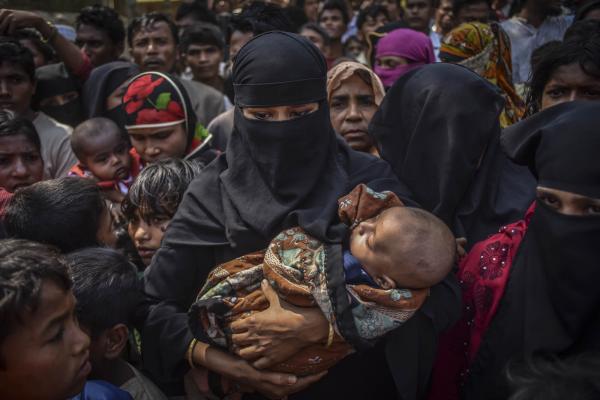Dec 19, 2017
I ask myself how we got here, why the American church has hardened its hearts to refugees when one of the major themes of the Bible is welcoming the stranger. How did we lose trust in a vetting system that has worked for decades? How did we begin to see refugees as dangerous when there is no statistical evidence to back it up? How did we forget that so many of us are descendants of people who were oppressed and looking for a better life? How did we stop seeing the beauty of American culture as coming from a collision of cultures? How did we lose our way — did it happen overnight or has it been slowly brewing for a long time?
Read the Full Article

Already a subscriber? Login
